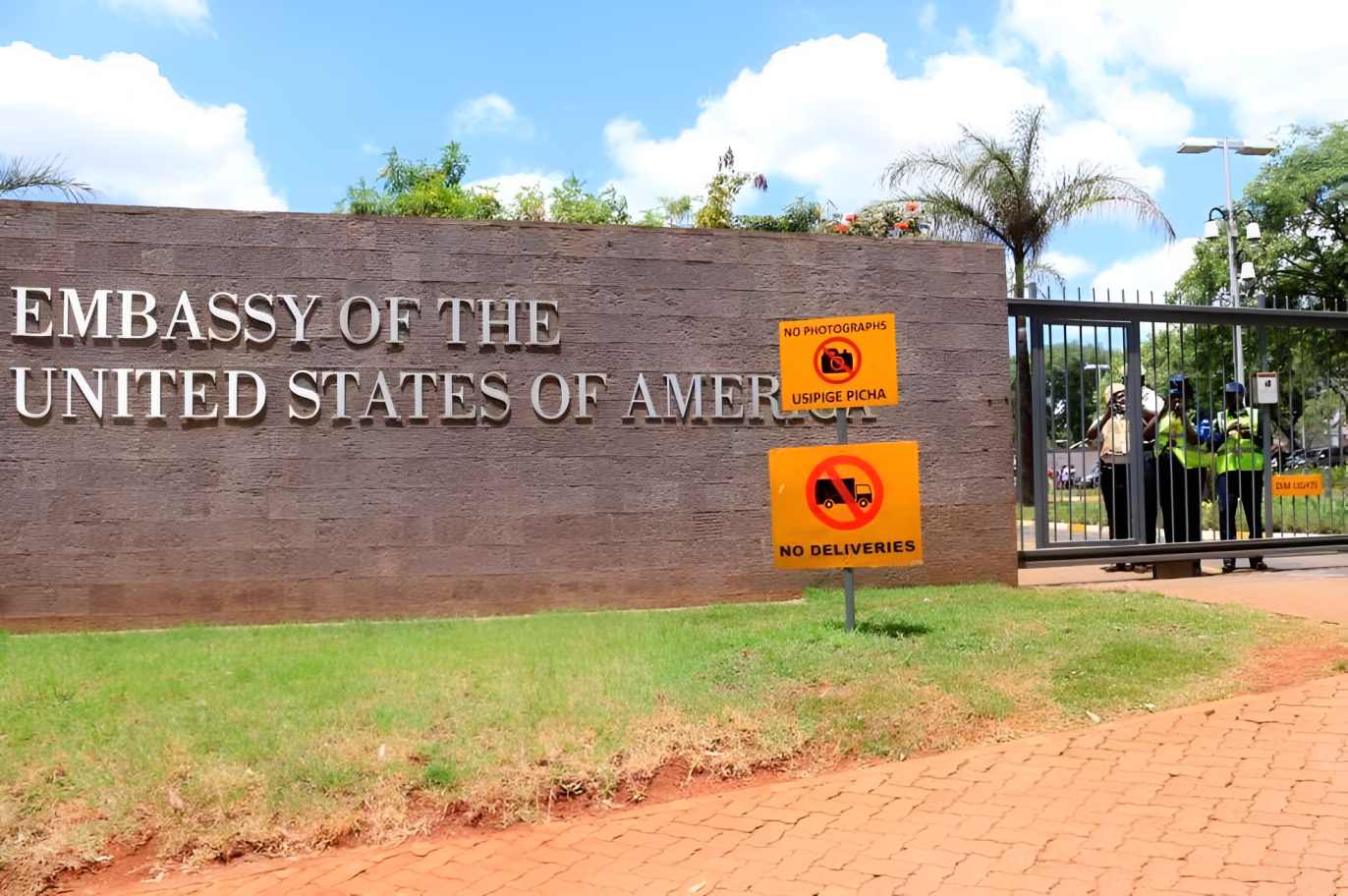Foreign nationals applying for US visas will now be required to disclose all their social media handles used within the past five years, the US Embassy has announced, in what it says is part of heightened security and transparency measures.
In a statement released this week, the Embassy confirmed that the directive applies to all applicants filling out the DS-160 visa application form. They must list all social media platforms used during that period, regardless of the nature of the accounts.
“Applicants certify that the information in their visa application is true and correct before they sign and submit,” the Embassy said.
Failure to provide the requested information, the Embassy warned, could result in an automatic visa denial and a lifetime ban from entering the United States.
“Omitting social media information on your application could lead to visa denial and ineligibility for future US visas,” the statement read.
The new push comes just days after the US Embassy reiterated its commitment to fighting fraud and illegal immigration through an interagency strategy.
The statement cautioned against any attempts to cheat the system, saying, “We will pursue criminal charges against those who engage in visa fraud and those who bring in and harbor illegal alien.”
It added, “A nation without borders is not a nation.”
The rule also covers international students applying to study in the United States.
While social media screening for visa applicants has been in place since 2019, the recent directive points to more rigid enforcement, especially under shifting US immigration policies.
The requirement is part of a broader surveillance framework that gives US officials power to scrutinize online activity, including posts, comments, shares, reactions, and account interactions.
Observers link the increased monitoring to policies initiated during the Trump administration, which targeted not just undocumented immigrants but also foreign nationals whose social media content reflected what authorities deemed radical views.
The Embassy’s latest move underscores the growing role of digital footprints in immigration vetting, with social media history now becoming a key determinant of visa eligibility.

